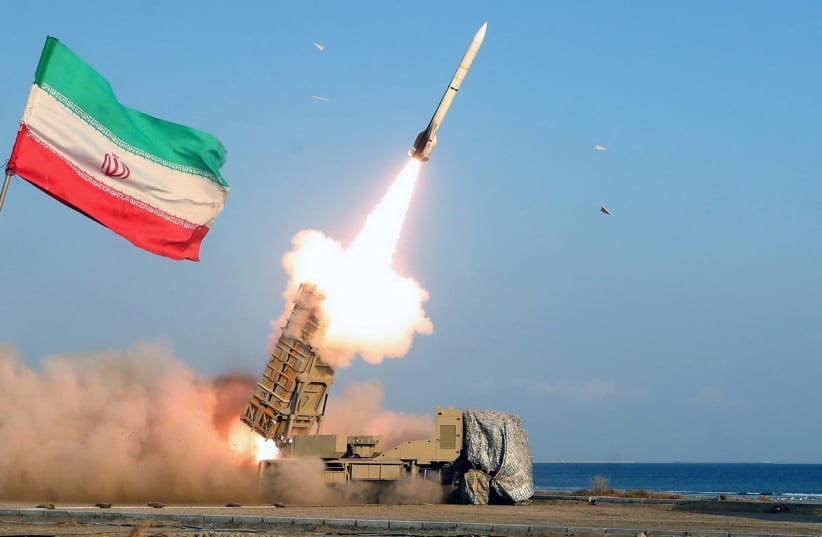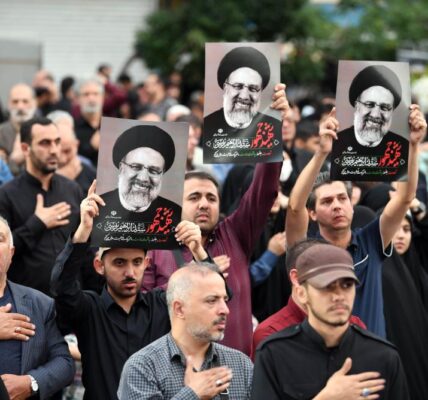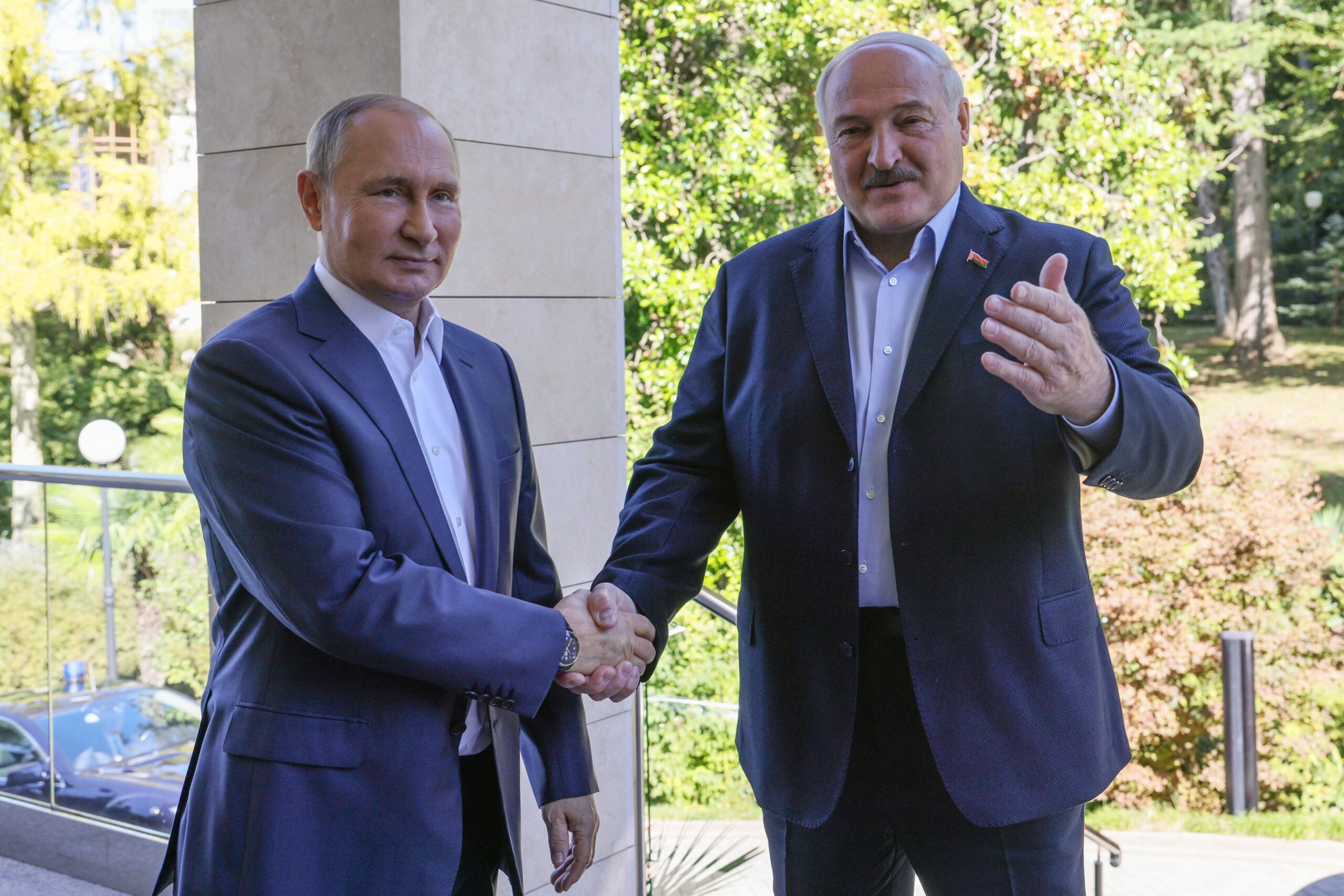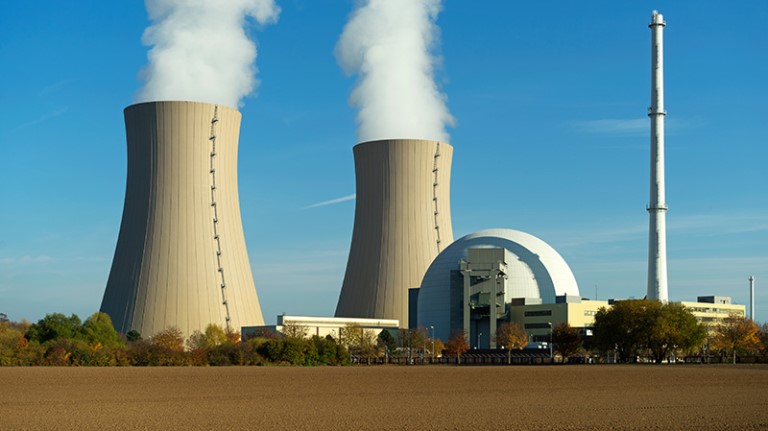The Iranian Regime Is “Weeks Away” From Developing Nuclear Bombs, Weapons Experts Believe
Iran can produce enough weapons-grade uranium to make six nuclear bombs within a month, US weapons experts believe.
The revelation follows the disclosure by the International Atomic Energy Agency (IAEA) that the Iranian regime has increased the production rate of highly enriched uranium up to 60 per cent purity.
Modern nuclear weapons require uranium to be enriched up to 90 per cent but inspectors within the IAEA believed this could be achieved by Iran very quickly.
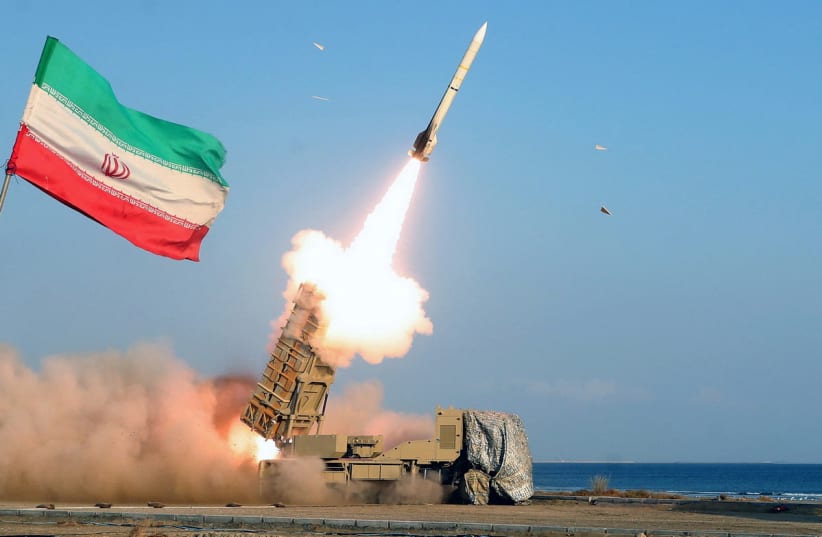
Rafael Grossi, director general of the IAEA, stressed that Tehran must abide by the nuclear proliferation treaty to which it was a signatory.
“Iran is the only non-nuclear weapon state which is enriching uranium at this very, very high level – very close to weapons grade,” he said this week at the Davos Economic Forum.
“I’m not saying they have a nuclear weapon, I’m saying this is sensitive. And when you’re doing that … you abide by the rules,” he said.
An analysis of the report by the US Institute for Science and International Security (ISIS) also stated that if Iran then continued producing enriched uranium at the same rate the regime would have enough material to make 12 bombs within five months.
The move by Iran to increase the production of enriched uranium was condemned last month by the US, Britain, France and Germany.
In a joint statement, the allies said: “We condemn this action, which adds to the unabated escalation of Iran’s nuclear programme.”
The four countries made no mention of any consequences Iran could face for the production hike but called for its reversal and said they remained “committed to a diplomatic solution” over Tehran’s nuclear programme.
But David Albright, the president of the Washington-based ISIS, said that Iran already had the knowledge and capability to build nuclear weapons.
He said: “The unfortunate reality is that Iran already knows how to build nuclear weapons, although there are some unfinished tasks related to the actual construction of them.
Iran can quickly make enough weapon-grade uranium for many nuclear weapons, something it could not do in 2003.
“Today, it would need only about a week to produce enough for its first nuclear weapon. It could have enough weapon-grade uranium for six weapons in one month, and after five months of producing weapon-grade uranium, it could have enough for twelve.”
He said the other major issue facing Tehran was “nuclear weaponization” and delivery.
He added: “Iran has a variety of delivery systems, including nuclear-capable missiles: the delivery pole is ready.
He stated in a report: “Weaponization needs more work. It involves theoretical calculations and simulations; development, testing, and construction of the other components of the nuclear weapon; the conversion of weapon-grade uranium into metallic components; the integration of all the components into a nuclear weapon; and the preparation for mounting the weapons on aircraft or missiles or for use in a full-scale underground test.
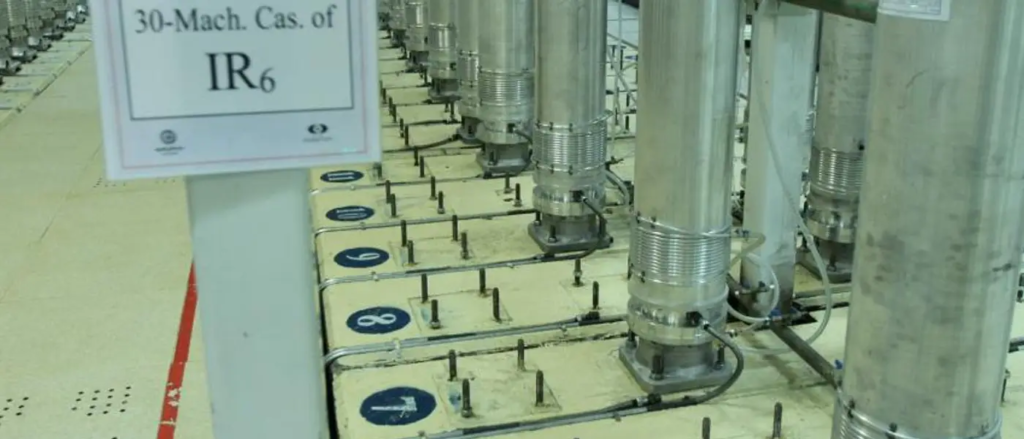
Iran’s atomic energy chief has dismissed the IAEA warnings, insisting that Iran has done “nothing new” and is working “according to the rules”.
“We did nothing new and are doing the same activities according to the rules,” he said.
Iranian officials have consistently stated they have no plans or intentions regarding the creation of nuclear weapons.
Iran appeared to have slowed its enrichment programme earlier this year as a gesture as informal talks with the US over a nuclear treaty resumed. But the Israel-Gaza war has raised tensions between Washington and Tehran.
The IAEA report released last month indicated that Iran’s estimated stockpile of enriched uranium had reached more than 22 times the limit set out in a 2015 accord between Tehran and world powers, limiting Iran’s nuclear activities in exchange for lifting sanctions.
Iran’s total enriched uranium stockpile was estimated at 4,486.8kg (9,891.7lb) as of October 28, up by 693.1kg (1,528lb) from August, the report said. The limit in the 2015 deal was set at 202.8kg (447lb).
But that accord fell apart in 2018 when then-president Donald Trump pulled the US out of it. President Joe Biden has tried to revive the accord through talks in Vienna, but the process has been at a standstill since the summer of 2022.
Antagonism was already on the rise ahead of Hamas’s October 7 assault on Israel, with Iran offering support to Russia’s invasion of Ukraine.
In September, the IAEA complained that Tehran had effectively barred several of its most experienced inspectors from monitoring the country’s nuclear programme.

